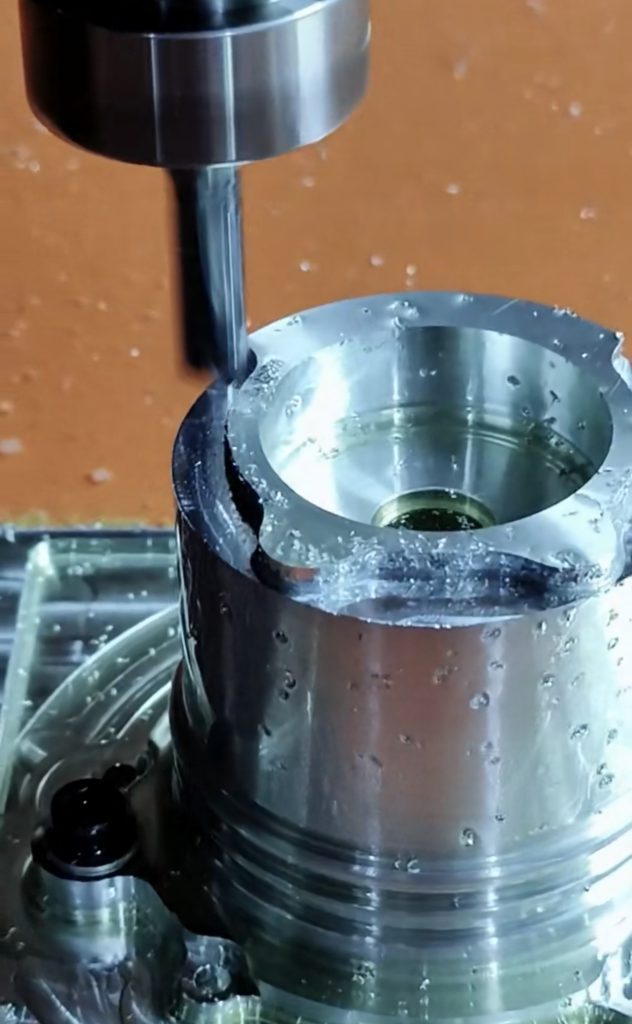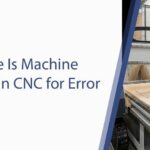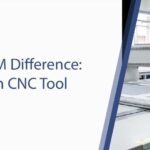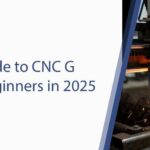
5 Essential Tips for Optimizing CNC Operations
In the evolving world of modern manufacturing, CNC (Computer Numerical Control) operations serve as the backbone of precision, productivity, and consistency.
Yet even the most advanced CNC systems require thoughtful optimization to perform at their peak. Whether you’re working in high-speed machining, prototyping, or large-scale production, refining your operational approach can lead to measurable gains in efficiency, accuracy, and cost savings.
At Radonix, our experience designing advanced CNC controller systems has shown that optimization is not about working harder—it’s about working smarter. Below are five essential strategies to unlock the full potential of your CNC operations.
1. Efficient Tooling Strategies: Maximizing Tool Performance
Tooling plays a decisive role in machining success. Selecting the right tools—combined with proper speed, feed rate, and geometry—directly affects both the quality of your output and the longevity of your equipment.
Key Steps for Tool Optimization
- Choose tool materials suited to the workpiece (carbide, HSS, coated tools).
- Regularly inspect cutting edges for wear and chipping.
- Apply appropriate coolant or lubrication to control heat and improve surface finish.
- Implement a tool-life management system to predict replacement cycles and prevent unplanned downtime.
Smart tooling doesn’t just improve performance—it enhances consistency, reduces tool costs, and supports sustainable machining practices.
2. Fine-Tuning CNC Programs: Smarter Code, Faster Output
A well-structured CNC program is the foundation of efficient machining. By refining your G-code and CAM-generated paths, you can minimize non-cutting movements and optimize material removal.
Strategies for Program Efficiency
- Simplify tool paths to reduce redundant moves and rapid travel distances.
- Use adaptive toolpath strategies to maintain optimal cutting load.
- Adjust feed rates dynamically based on material hardness and tool condition.
- Leverage advanced CAM software for simulation, collision detection, and 3D verification.
The result? Higher output, reduced cycle time, and less material waste—all while maintaining precise dimensional accuracy.
3. Effective Workholding Solutions: Stability That Drives Precision
Even the most accurate toolpaths lose value if the workpiece isn’t held securely. Workholding systems ensure that components remain stable throughout machining, eliminating vibration and movement that can compromise precision.
Best Practices for Secure Workholding
- Match fixture design to the shape and tolerance requirements of your parts.
- Use modular or quick-change fixtures for flexible setups.
- Integrate vacuum or magnetic workholding for delicate or thin materials.
- Check clamping force distribution to avoid distortion or deflection.
Innovative workholding not only boosts quality but also allows faster setups and reduced changeover times—key advantages in high-mix manufacturing.
4. Continuous Monitoring and Preventive Maintenance: Protecting Equipment Value
Preventive maintenance and real-time monitoring ensure your CNC machines operate at maximum efficiency over the long term. Machine health management has evolved far beyond routine cleaning; it now integrates smart sensors and data-driven insights.
Modern Maintenance Methods
- Use vibration, temperature, and load sensors to detect anomalies early.
- Calibrate spindles, axes, and encoders at scheduled intervals.
- Monitor lubrication and coolant systems to prevent overheating.
- Employ predictive maintenance software to forecast service needs and prevent costly breakdowns.
Consistent maintenance preserves accuracy, extends equipment lifespan, and minimizes downtime—creating a stable foundation for high-performance operations.
5. Skill Development and Training: Empowering the Workforce
Behind every optimized CNC machine is a skilled operator who understands both the art and science of machining. Investing in training and upskilling ensures your workforce can adapt to technological evolution.
Areas to Strengthen Operator Expertise
- Advanced G-code programming and CAM integration.
- Machine calibration and tool offset management.
- Troubleshooting alarms, spindle behavior, and cutting conditions.
- Safe operation of hybrid CNC and robotic systems.
Empowered operators make data-driven decisions, optimize settings on the fly, and contribute to continuous improvement initiatives. A well-trained team transforms CNC machinery from a tool into a competitive advantage.
Conclusion: Turning Efficiency Into a Competitive Edge
Optimizing CNC operations is not a one-time adjustment—it’s an ongoing process that evolves with technology and experience. By implementing efficient tooling, refining programs, enhancing workholding, maintaining proactive care, and investing in skilled operators, manufacturers can elevate their operations to new heights of performance.
At Radonix, we have over 16 years of experience in CNC system design and automation control. Our mission is to help manufacturers achieve precision, reliability, and innovation in every machining environment.
Contact Us:
- E-Mail: info@radonix.com
- Phone: +90 (553) 920 5500








